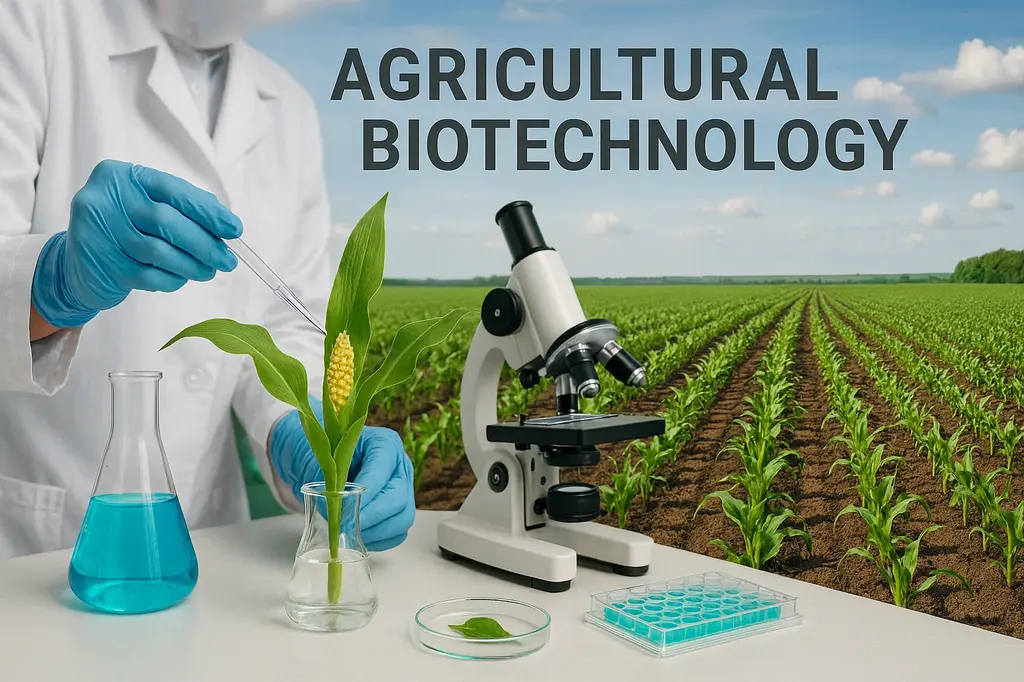Chromatin Bioscience has entered into a research collaboration with Astellas Pharma, aiming to advance the design and use of synthetic promoters for controlling gene expression. The partnership will see Chromatin Bioscience applying its proprietary chromatinLENS platform to develop cell-specific synthetic promoters that align with Astellas’ research priorities.
This agreement marks a step forward in the ongoing scientific efforts to fine-tune gene expression with precision. The collaboration is not only focused on designing these promoters but also on ensuring their function is reliable and durable within targeted cell types.
Understanding the Basis of the Agreement
The core of this collaboration lies in using Chromatin Bioscience’s chromatinLENS platform. This tool identifies gene regulatory elements—including those from the “dark genome,” which consists of non-coding regions whose functions are still being unraveled. Using insights from these regions, the platform supports the design of synthetic promoters that can activate or suppress gene expression with a high degree of specificity.
Promoters are short sequences of DNA that act as on/off switches for genes. Designing synthetic versions of these switches allows researchers to have greater control over how genes behave in particular cells. By making this control cell-selective, the technology can target only the intended types of cells, minimizing unintended effects in others. This kind of selectivity is especially relevant in therapeutic development, where precision can reduce side effects and improve outcomes.
The Scientific Objectives Behind the Collaboration
For Astellas Pharma, a company involved in various therapeutic areas, the value in synthetic promoters lies in their potential to regulate genetic activity more effectively. The company has not publicly detailed the specific diseases or therapeutic areas involved in this collaboration, but it’s likely that the work will feed into Astellas’ broader interest in gene-based treatments.
The collaboration is expected to produce promoter systems that meet Astellas’ desired expression profiles, meaning they would behave in a predictable, reliable manner in target cells. These could eventually support a range of applications, from delivering gene therapies to specific tissues to creating safer and more controlled biological responses in patients.
Also Read: Biotechnology in Indian Agriculture: Unlocking Potential Amidst Reluctance
Chromatin Bioscience’s Broader Focus
While this particular collaboration is centered around biomedical applications, Chromatin Bioscience has emphasized that its chromatinLENS platform has potential far beyond human health. The company has been developing synthetic promoters for use in sectors like agriculture, industrial biotechnology, and manufacturing processes involving living organisms.
By drawing from underexplored areas of the genome, the chromatinLENS platform allows for novel configurations of genetic control systems that may not be easily achievable using natural promoter sequences. This is especially useful in industrial and research settings where biological consistency and efficiency are critical.
A Continued Trend Toward Collaborative Innovation
This partnership with Astellas is one in a line of research collaborations that Chromatin Bioscience has entered into over the past few years. Each agreement has focused on applying synthetic promoter design to different challenges, reinforcing the versatility of the chromatinLENS platform.
Michael Roberts, the CEO and Founder of Chromatin Bioscience, stated that the collaboration with Astellas reflects a growing interest in precise gene control technologies. According to Roberts, the ability to fine-tune gene expression is becoming more important across sectors, as companies and researchers seek to reduce unintended outcomes and improve the predictability of genetic interventions.
Implications for Future Research and Applications
For now, the collaboration remains in the research and development phase, and it may be some time before the results of the work are made public or translated into usable technologies. However, the partnership signals a shared commitment by both companies to explore new ways of controlling gene activity in a targeted, dependable manner.
As gene-based therapies and biotechnological tools continue to evolve, the importance of reliable and context-specific gene control becomes more evident. Whether the intended goal is therapeutic treatment, crop improvement, or industrial enzyme production, the underlying requirement is the same: the right gene needs to be expressed in the right place, at the right time, and in the right way.
While neither company has released financial details of the collaboration or specified the duration of the agreement, the arrangement suggests that synthetic biology—particularly in the area of gene expression—is gaining a more central role in the strategies of large pharmaceutical and biotech companies.
Astellas’ decision to partner with a smaller, specialized firm like Chromatin Bioscience also reflects a trend seen across the life sciences industry, where larger companies often look to emerging players with novel tools to expand their innovation pipelines.
As this project unfolds, it will be worth watching whether the synthetic promoters developed under this collaboration lead to new research publications, clinical trials, or commercial products. For now, both companies are entering a phase of collaborative experimentation aimed at better understanding and applying synthetic promoter technology to real-world challenges.


